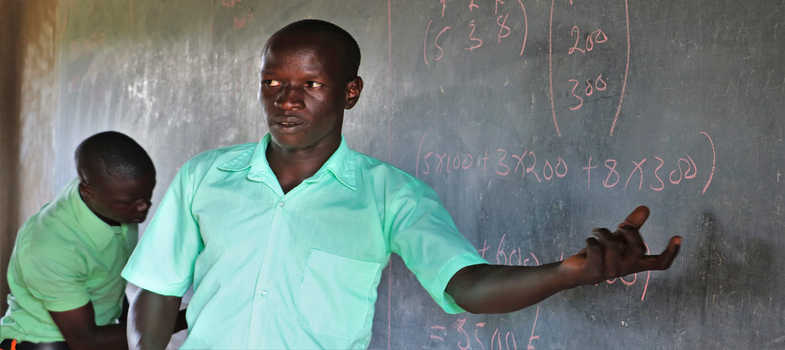Assessment for learning
Since the turn of the 21st century, emphasis is on ‘Assessment for learning. Assessment for learning focusses on the learners and emphasizes assessment as a process of metacognition (knowledge of one’s own thought processes) for learners. It emerges from the idea that learning is not just a matter of transferring ideas from someone who is knowledgeable to someone who is not, but is an active process of cognitive restructuring that occurs when individuals interact with new ideas. Within this view of learning, learners are the critical connectors between assessment and learning.
For learners to be actively engaged in creating their own understanding, they must learn to be critical assessors who make sense of information, relate it to prior knowledge, and use it for new learning. Assessment for learning focusses on the explicit fostering of learners’ capacity over time to be their own best assessors. Instructors need to start by presenting and modelling external, structured opportunities for learners to assess themselves.
The five principles for 'Assessment for Learning' include:
- The active involvement of learners in their own learning
- The provision of effective feedback to learners
- Adjusting teaching/training strategies to take account of the results of assessment
- Recognition of the profound influence assessment has on learner’s motivation and self-esteem
- The
need for learners to be able to assess themselves and understand how to improve
Formative vs. summative assessment Assessment vs. evaluation
